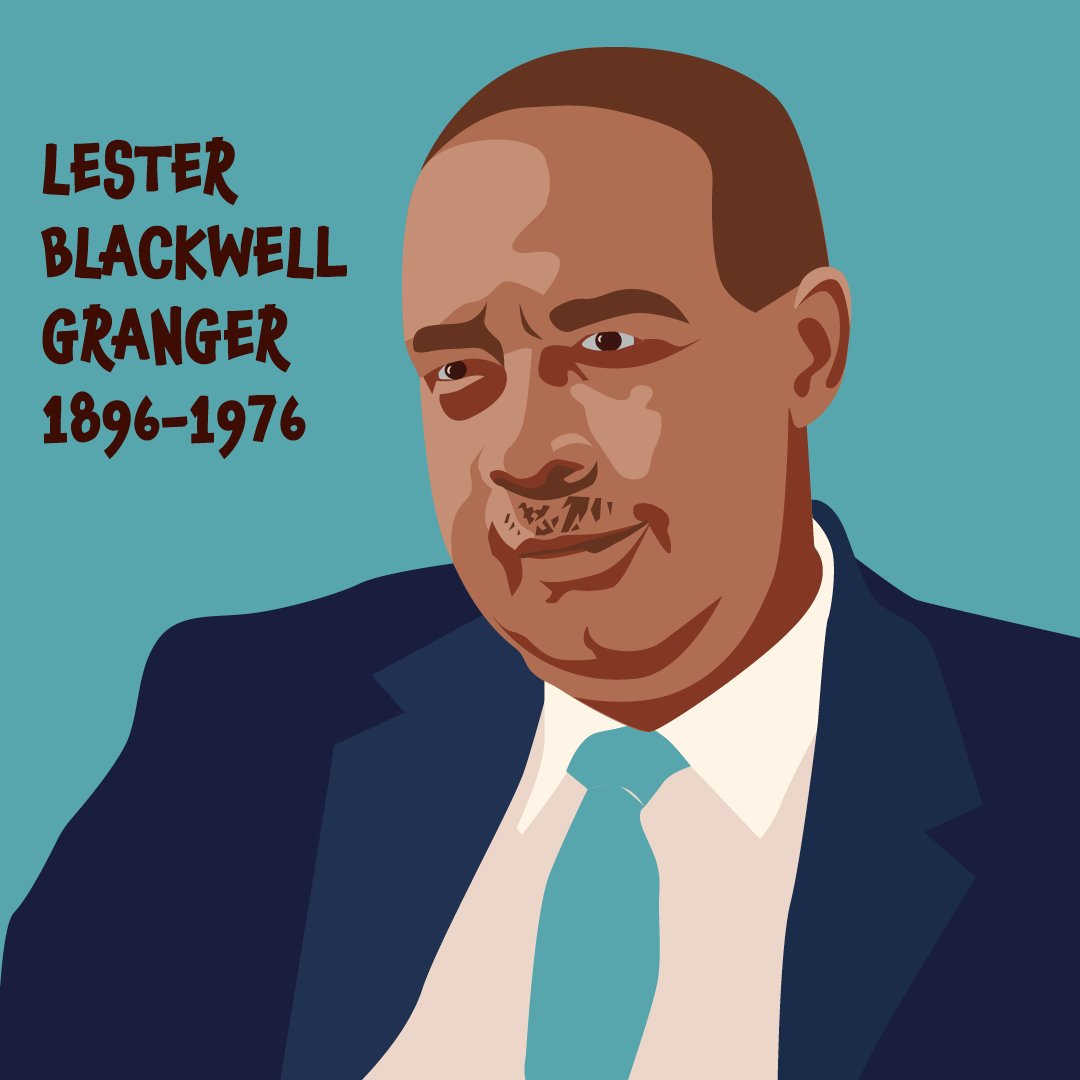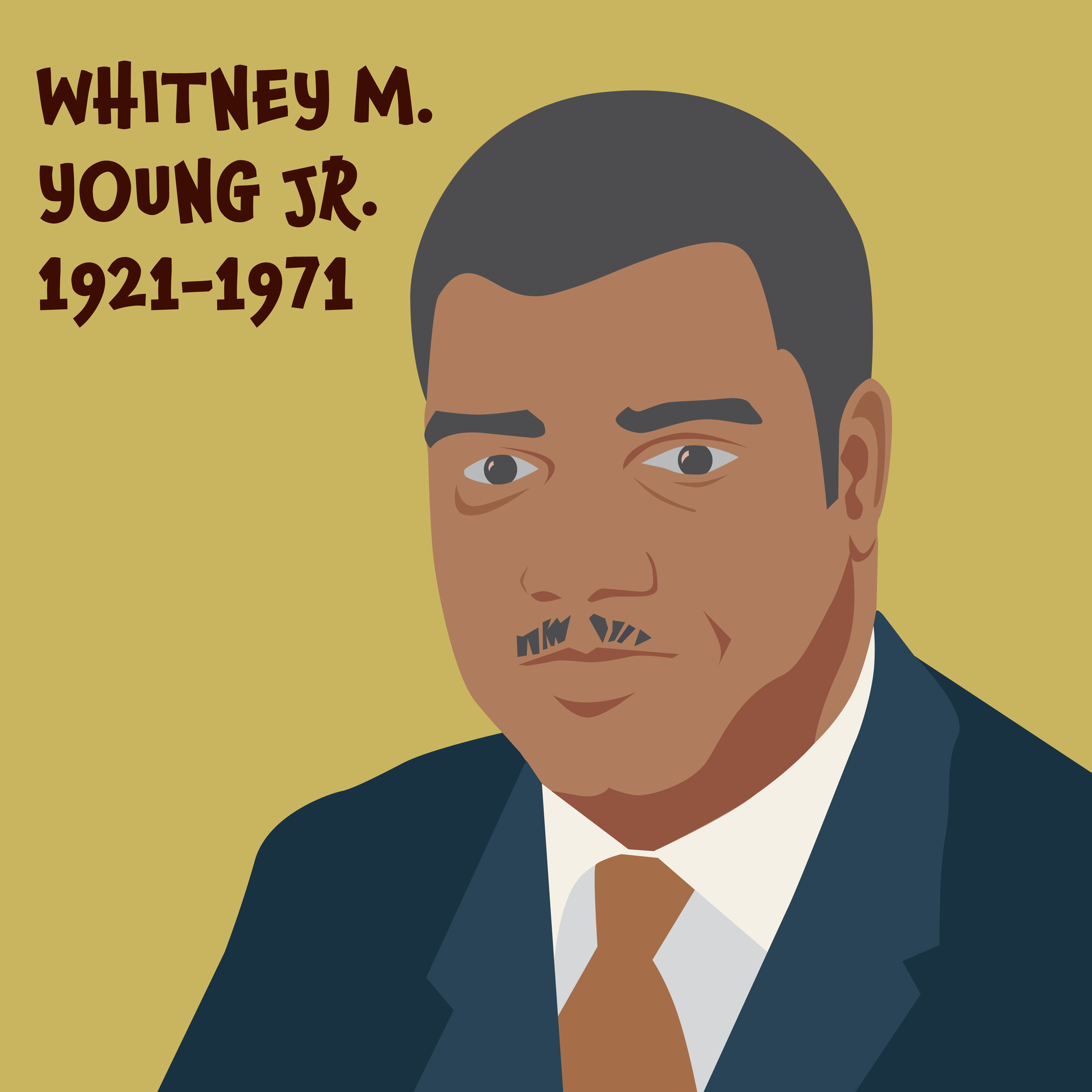In our democracy, the group with the lowest voting participation rate are formerly incarcerated individuals convicted of a felony — a group representing nearly 20 million adults in the United States. In most states, including Connecticut, this population loses the right to vote while incarcerated but regain it when they return to their communities. However, they vote at very low rates.
To raise awareness about voter engagement among formerly incarcerated individuals in Connecticut, Assistant Professor Sukhmani Singh and Director of The Nancy A. Humphreys Institute for Political Social Work Tanya Rhodes Smith partnered with Full Citizens Coalition to conduct a pilot study supported by a grant entitled, “A Participatory Transformation & Pilot Implementation of the Voter Engagement Model with Formerly Incarcerated BIPOC Individuals: Centering Critical Consciousness in Political Social Work Practice.”
“The goal of the study was to co-create a curriculum with Full Citizens Coalition, led by James Jeter — a nationally recognized change leader and community organizer — to clarify rules, to share why voting matters, and to learn how we can develop and sharpen tools that bring formerly incarcerated citizens back into exercising their right to vote and build power,” says Singh.
The research methodology is primarily qualitative, relying on interviews from five focus groups conducted in the state’s three largest cities: Hartford, Waterbury and Bridgeport. The participants in the pilot were mostly men of color (69% men; 85% were BIPOC); 90.6% had at least completed high school. Together, the research team sought to explore, via focus groups, how participants reflected on and experienced their civic life before and after incarceration, as well as their beliefs about voting, power and democracy. The focus groups also shed light on the challenges and barriers participants named to exercising one of their key rights.
In their analysis, the research team identified four themes: public systems and their harms; manufactured ambivalence; the desire to engage in power building; and community-identified gaps in democratic education.
Rhodes Smith explains further how structural barriers — opaque political systems, gerrymandering, and lack of response to community needs, among others — undermine voter participation. “What looks like voter disengagement or apathy is not actually apathy,” she says, “it’s manufactured ambivalence.”
Singh agrees. “Participants name experiencing this critical, and I would argue — manufactured — paradox. They articulate how public systems perpetuate harm, throw them out of the voting process, and say that nothing changes and they don’t vote. At the same time, they know that voting does matter because they can see resources present in other areas that do not suffer from divestment and the high incarceration per capita rate. While they name how politicians and public systems have failed them, they also are paying attention and watching what politicians are doing, and desire to build efficacy to change harmful structures.”
With these findings, the researchers plan to conduct a second phase of their pilot study, and co-transform a training with Full Citizens Coalition, led by Jeter and Rhodes Smith about voter engagement that is rooted in the theoretical and power building ideas espoused by Brazilian educator Paolo Freire.
Co-researchers include Jeter, co-director of Full Citizens Coalition and a community organizer, and Urania Petit, an international elections monitor. The researchers also honor and name graduate assistants and doctoral students who contributed to this process: Joshua Adler, Lukas Champagne, and Fernando Valenzuela.
Read more about the work of Singh and Rhodes Smith.



